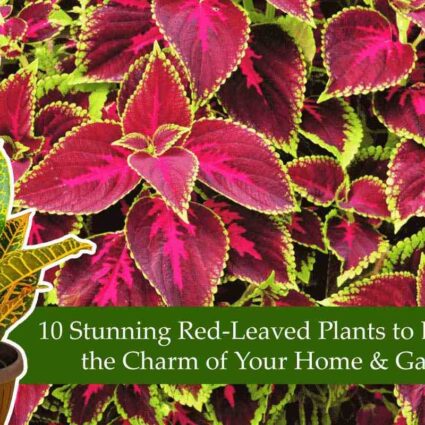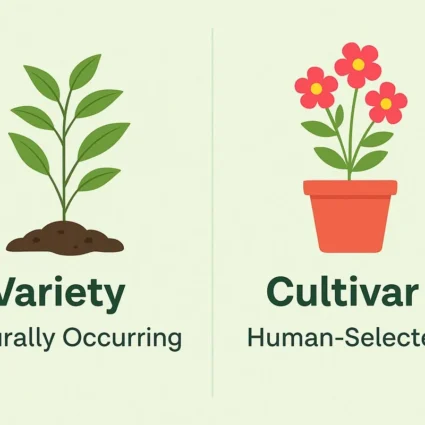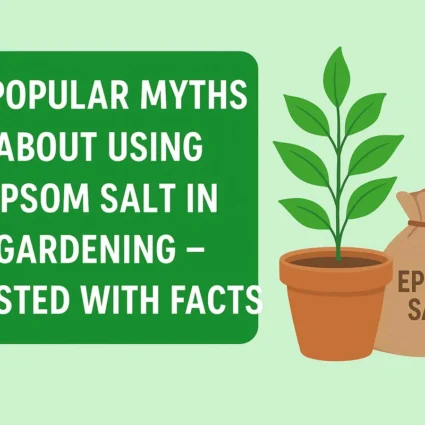
Everything You Need To Know About Successful Companion Gardening
Companion planting is the best way to grow your plants healthy. It is a form of polyculture which involves growing different types of plants side by side. Such pairing of plants deters pests, provides minerals and nutrients, subdues weeds and allows vertical support. It is known that the best plants can grow best when planted side by side.
Also Read This :Do Seeds Need Darkness to Germinate
Let us learn about the pro tips to successful gardening:
Understand What Not To Plant Next To Each Other
Some plants have different growing conditions and should not be planted next to each other. They can have similar diseases and thus should be avoided planting side by side. Examples of crops with similar pests are
Also Read This :Seeds That Require Light to Germinate
- Beans and Peas
- Tomatoes, corn, potatoes
- Cucumber, squash, watermelon
- Spinach, lettuce, carrots
- Cabbage, cauliflower, broccoli, kale
Also Read This :Vegetable Seeds That can be Directly Sown
Execute Polyculture Practise in your Garde
Adding a wide variety of herbs, fruits, vegetables to your garden will help than any specific companionship. Diversity in planting attracts pollinators and insects and provides food and shelter in your garden to those insects and pollinators. Polyculture is beneficial as it controls weeds, pests, and diseases.
Also Read This :How to Grow Mogra Flower from Cuttings at Home
Practice Companion Planting to Attract Pollinators
As you execute polyculture in your garden and provide different habitats and food, your garden becomes attracted to pollinators and insects but does not kill off the insects by using pesticides.
Also Read This :All you need to know about Vegetable Transplant
Use Companion Plants as Supports
Large plants provide shade to smaller plants in need of sun protection. This protection will help small plants from bolting in the hot sun. For example tall plants like corn, sunflowers provide relief to the small plants like lettuce, spinach from the scorching sun.
Also Read This :Transplant Vs Direct Sowing
Deter pests ward off insects
Two vegetables that are grown side by side can reduce pest infestation. Basil wards off pests such as thrips. It is said that if you plant basil next to a tomato you have less egg laying worms.
Cucumbers can keep raccoons at bay as they don’t like the smell. Grow flowers such as sunflowers, zinnias, calendulas, to ward off pests. Garlic has a pungent smell that deters insects like onion flies, aphids, and japanese beetles. You can plant garlic between potatoes, near fruit trees and next to lettuce.
Also Read This :Unripened Bananas : Benefits of Eating Raw Bananas & How to Grow them Indoors
Marigolds have a strong smell that will keep away from feeding on plants such as tomatoes. Mints deter ants, but can be encroached so it is better to plant them in containers or pots.
Space saving ideas
Companion planting is the best way to use space in your garden and you can grow different plants and flowers. It can also protect your plants from pests.
Also Read This :What Plants Can You Grow Organically in Your Own Backyard
Prevents Soil Erosion
The gardening soil gets affected by wind and water if it is loose. It impacts soil fertility and affects the produce negatively. Having plants grown in the same area keeps the soil moist and prevents soil erosion.
Also Read This :How To Grow Giloy Plant From Seeds and Cuttings At Home
Companion planting is a practice of growing different plants together for joint benefit. There are many benefits of companion planting like it attracts pollinators, ward off pests. Tall plants also provide shade for small plants which cannot bear the strong sunlight and acts as support for crops that need trellising. Companion planting can also subdue weeds.
Also Read This :Know the best Uses of these Herbal and Medicinal Plants




